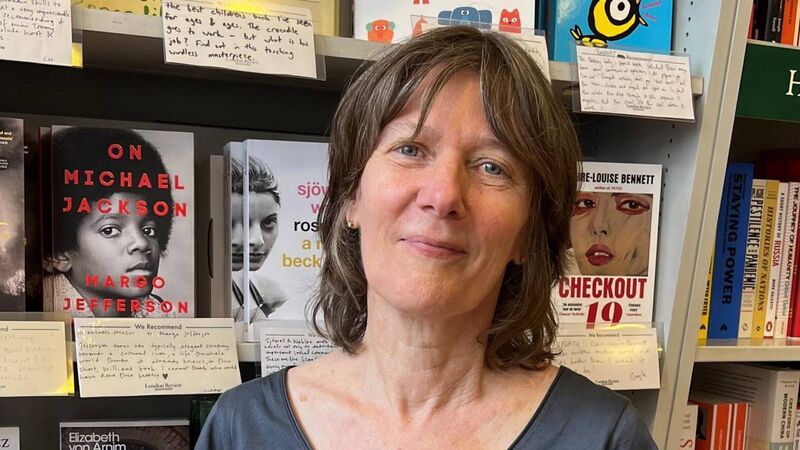Book review: Missing Persons, Or My Grandmother’s Secrets

Clair Wills raises uncomfortable truths in her latest book. Picture: Zahid Chaudhary
- Missing Persons, Or My Grandmother’s Secrets
- Clair Wills
- Allen Lane, €22.99
Try from €1.50 / week
SUBSCRIBE
Clair Wills raises uncomfortable truths in her latest book. Picture: Zahid Chaudhary
Already a subscriber? Sign in
You have reached your article limit.
Annual €130 €80
Best value
Monthly €12€6 / month
Introductory offers for new customers. Annual billed once for first year. Renews at €130. Monthly initial discount (first 3 months) billed monthly, then €12 a month. Ts&Cs apply.
Newsletter
Music, film art, culture, books and more from Munster and beyond.......curated weekly by the Irish Examiner Arts Editor.
Newsletter
Music, film art, culture, books and more from Munster and beyond.......curated weekly by the Irish Examiner Arts Editor.
© Examiner Echo Group Limited